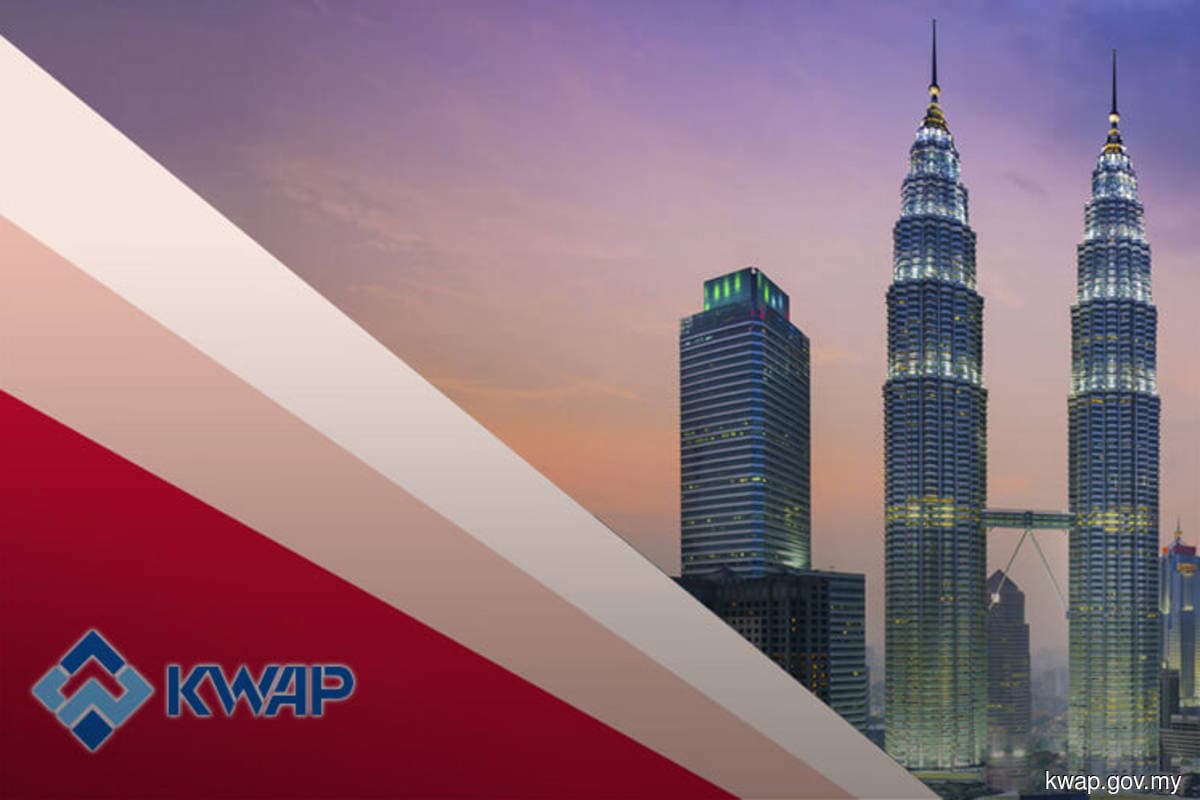
KUALA LUMPUR (Nov 23): Kumpulan Wang Persaraan’s (Diperbadankan) (KWAP) chief executive officer Nik Amlizan Mohamed said the fund aims to further enhance its environmental, social and governance (ESG) integration by adopting climate-specific related investment beliefs and integrating climate change into its investment decision making process.
“At KWAP, we do realize the importance of our role as a key investment body and we are therefore fully supportive of the government’s green agenda.
“The recent finance minister's call for financial institutions and the private sector to complete the government's effort in assisting the nation’s overall preparedness to manage the impact of the pandemic and further foster sustainable growth, further solidified our efforts on ESG,” said Nik Amlizan during her “Asset Owner’s Perspective on the Importance and Impact from ESG on Investment Decisions” presentation in conjunction with Invest Malaysia 2021 Series 4 :Renewable Energy – Decarbonising Malaysia held virtually on Tuesday (Nov 23).
She also pointed out that in August this year, the government rolled out the Perkukuh Pelaburan Rakyat (Perkukuh) programme, which is aimed at reimagining the role and renewing the capabilities of Malaysia’s government-linked investment companies (GLICS), where there would be a rebalancing of focus between financial returns and socioeconomic deliverables for sovereign wealth funds.
During the Budget 2022 announcement, the government also renewed its commitment to strengthen development, so that growth remains sustainable and inclusive, with emphasis given to the sustainability agenda, bridging economic gaps, fiscal consolidations and revenue sustainability, as well as supporting public service delivery.
Meanwhile, Nik Amlizan also noted that sustainability is a salient principle for KWAP in fulfilling the fund’s mandated role of generating long-term sustainable returns for its stakeholders, namely the Malaysian pensioners.
ESG is no longer a “good to have” but is fast growing into a requirement for all investors and businesses, she added.
“As part of our commitment to sustainability, we incorporate ESG into the management of our investments in all of our stewardship activities. Reputational risks have a two-prong impact to both investee companies, as well as investors.
“Over time, we have seen how ESG practices have affected the consumers’ preferences for products and services in the market. Consumers are turning away and boycotting products that are for example, polluting the environment, causing deforestation or engaging in forced labour in their supply chain.
“In other words, these companies that have poor ESG practices do pose a reputational risk to institutional investors,” she said.
Nik Amlizan added that there is also the need to be mindful of stakeholders’ concerns, as they now have a greater awareness of the dangers of climate change.
“In fact, poor governance on companies and the impact of social issues which have compounded during the pandemic, we could clearly see how swift markets react to companies having less than palatable practices.
“Our stakeholders would not want the fund to be associated with companies that adopt poor ESG practices, definitely,” she said.